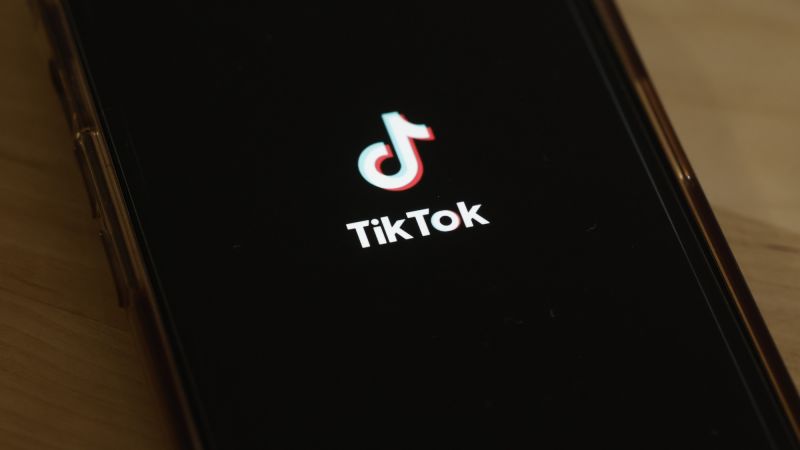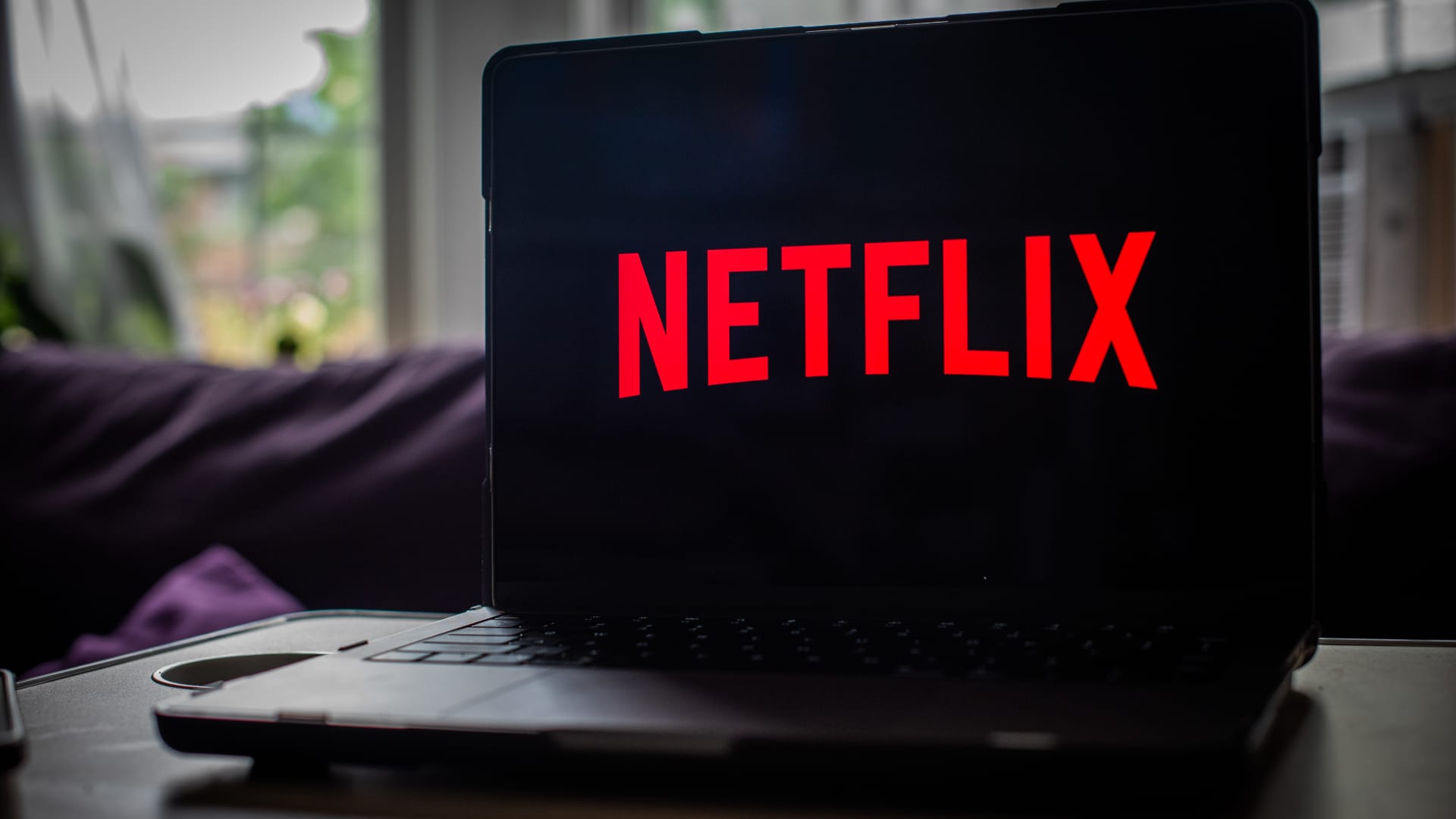In the final session of the month and the first half of the year, U.S. stock indexes ended mostly higher Wednesday, with the S&P 500 index sweeping to a record close but the Nasdaq Composite ending lower. According to Dow Jones data, the three major US stock indexes had their best first-half year performance since 2019.
What was the performance of stock benchmarks?
The Dow Jones Industrial Average DJIA, +0.61% finished the day 210.22 points higher at 34,502.51, up 0.6 percent.
The S&P 500 index SPX, +0.13 percent advanced 5.70 points, or 0.1 percent, to a new high of 4,297.50, boosted by gains in the consumer staples XLP, +0.78 percent, discretionary XLY, +0.08 percent, and energy XLE, +1.24 percent sectors.
The Nasdaq Composite Index COMP, -0.17% finished the day at 14,503.95, down 24.38 points, or 0.2 percent.
The S&P 500 added 1.19 points, or less than 0.1 percent, to 4,291.80 on Tuesday, while the Nasdaq Composite advanced 27.83 points, or 0.2 percent, to 14,528.33, its 19th record close of the year. The Dow closed at 34,292.29, up 9.02 points, or less than 0.1 percent. The Dow Jones Industrial Average fell 0.1 percent this month, while the S&P 500 gained 2.2 percent and the Nasdaq Composite gained 5.5 percent. The Dow gained 12.7 percent, the S&P 500 14.4 percent, and the Nasdaq Composite 12.5 percent in the first half of the year, the greatest start to a year since 2019. What was the market’s driving force? The Dow gained more ground on Wednesday, aided by gains in Boeing Co. BA, +1.61 percent, as well as financials and consumer staples. Boeing received a boost from recent news that airlines were buying more planes, a bet on a travel recovery, according to Robert Pavlik, senior portfolio manager at Dakota Wealth Management. But, in the big picture, Pavlik believes growth stocks are poised for more gains as 10-year Treasury yields fall below 1.5 percent and investors rethink where the United States is in terms of its economic expansion. Pavlik told MarketWatch, “At least in my perspective, the economy may be a little bit further along in the economic cycle than a lot of people assume.” “I see it as being in the middle or at the end of the cycle.” “If that’s the case,” he added, the Federal Reserve “won’t be able to make all of those rate hikes people are expecting to see.” Easing fears about the rate of inflation as the economy recovers from the COVID outbreak has spurred the recent surge in shares, at least in part. In economic news, a monthly report on private-sector employment in the United States indicated that 692,000 jobs were gained in June, paving the way for the Labor Department’s more carefully watched report on Friday. According to a consensus of expectations from economists surveyed by Dow Jones and MarketWatch, the United States created 550,000 private-sector jobs in June, after a 978,000 increase in May. According to the June data, the hotel industry hired the most people, with 332,000 new employees. However, the May employment figure was cut from the previously announced 978,000 to 882,000, making it the best month since September 2020. In an emailed statement on Wednesday, Mike Loewengart, director of investment strategy at E-Trade Financial, wrote, “The private-sector payrolls may have beaten the mark this month, but keep in mind it’s significantly lower than the downwardly revised total from May.” As investors strive to figure out how improvements in the labor market can influence the Fed’s policy intentions, employment has become a prominent focus for markets. Governor of the Federal Reserve, Janet Yellen, spoke late Tuesday. Christopher Waller told Bloomberg TV that the “unemployment rate would have to drop fairly substantially, or inflation would have to really continue at a very high rate, before we would seriously consider a rate hike in 2022,” but that he is not ruling out such a move, noting that it is appropriate to think about scaling back the Fed’s monthly purchases of $120 billion in assets, starting with a small reduction. Separately, a trade group said Wednesday that a gauge of business conditions in the Chicago region rose at a slightly slower pace in June, one month after reaching its best level in 47 years. The Chicago Business Barometer, generally known as the Chicago PMI, dropped to 66.1 in June from 75.2 in May, the highest reading since December 1983. This is the lowest reading since February. The rise in housing values in the United States throughout the pandemic has also been a major focus. The National Association of Realtors said Wednesday that pending home sales increased by 8% in May compared to April. MarketWatch polled economists, who predicted a 1% decline in pending home sales in May. The announcement came after the release of the latest S&P CoreLogic Case-Shiller National Home Price Index, which revealed that prices rose at their quickest rate in April in history as purchasers competed for a limited quantity of homes. The national home price index increased by 14.6 percent over the previous year, the greatest number in the more than 30 years of S&P CoreLogic Case-Shiller statistics. In April, the independent 20-city index, which measures property prices in a set of key cities throughout the country, grew by 14.9 percent over the previous year, significantly above the 13.3 percent gain recorded the month before. BCA Research analysts noted, “These are growth rates that equal the frothiest years of the mid-2000s housing boom!” Also see: Didi, the Chinese ride-hailing behemoth, has the most IPOs this week, but the stock has fizzled following an initial surge. Which businesses were the subject of the investigation?
People did not buy as much food for the home as they did in the early days of the pandemic, causing General Mills Inc. GIS to see a reduction in sales and earnings in the most recent quarter. The stock increased by 1.5 percent.
Xometry Inc. XMTR, an AI-driven marketplace for on-demand manufacturing, saw its stock nearly double in value following its first public offering, which priced at $44 per share, much above the planned price range of $38 to $42.
LegalZoom.com Inc. (NYSE: LZ) saw its stock rise when it priced its first public offering at $28 per share, above the proposed range of $24 to $27 per share.
Wow Internet, Cable, and Phone is a broadband provider.
WOW announced on Wednesday that it had signed two agreements to sell five service areas for $1.8 billion. The stock price increased by 13.5 percent.
Torrid Holdings Inc. CURV, a direct-to-consumer plus-size women’s clothing retailer, increased its proposed initial public offering to 10 million shares priced at $18 to $21 each on Wednesday, up from an earlier intention of 8 million shares.
After the Chinese coffee purveyor revealed its restated fourth-quarter 2019 financial results, Luckin Coffee Inc. LKNCY stock rose 22.1 percent in Wednesday trading.
According to a report published Monday in the medical journal The Lancet Infectious Diseases, a Phase 1/2 clinical trial of Sinovac Biotech Ltd. SVA’s COVID-19 vaccination in children and adolescents aged 3 to 17 showed that the shot is safe and produces a high antibody response.
The stock of ConocoPhillips COP jumped 3.1 percent after the company announced plans on Wednesday to increase its share buyback program by $1 billion in 2021, bringing its projected dividends to shareholders for the year to around $6 billion, or 7% of its current market worth.
What happened to the other assets?
The yield on the 10-year Treasury note TMUBMUSD10Y decreased 3.6 basis points to 1.443 percent, falling 14.9 basis points in a month, the most since March 2020. The yield curve and the price of debt move in opposite directions.
The ICE U.S. Dollar Index DXY, which compares the greenback to a basket of six major currencies, was up 0.3 percent.
Oil futures ended the day higher, with the US benchmark CL00 rising 0.7 percent to $73.47 a barrel. Gold futures GC00 increased by 0.5 percent to $1,771.60 per ounce.
The Stoxx 600 SXXP, a pan-European stock index, sank 0.8 percent, while the London Stock Exchange’s FTSE 100 UKX, -0.71 percent fell 0.7 percent.
In Asia, the Shanghai Composite SHCOMP rose 0.5 percent, while Hong Kong’s Hang Seng Index HSI fell 0.6 percent, and Japan’s Nikkei 225 NIK fell less than 0.1 percent./n
Read More




